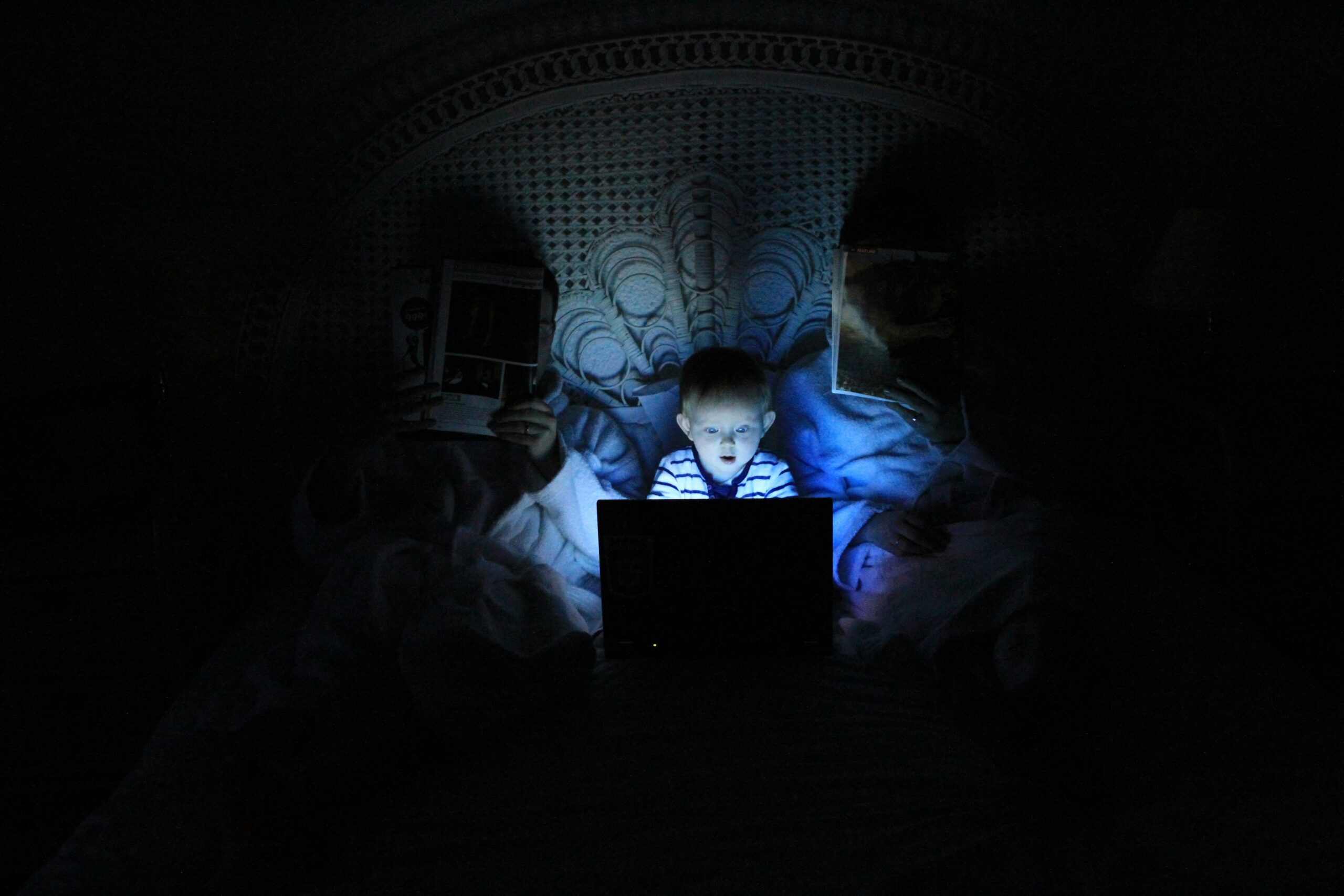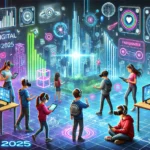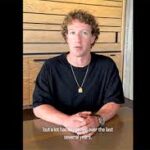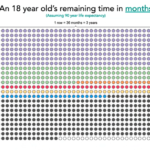Who loves reading books? I do, but I rarely get the opportunity to finish them. I have a few books going at the moment—some I’ve been reading for months, others I’ve been trying to finish for years. Like many parents, when I finally sit down to read at night, I usually end up falling asleep after just a few pages.
But what I do find myself doing is accumulating lists of books I want to read, mostly based on podcast interviews.
Most of the podcasts I listen to are focused on business, technology, music or sport. The sport ones are generally just guys talking lots of rubbish, music ones are interviews with artists. The tech and business ones are all very inspiring, but sometimes a bit much. Either way, they are all good to listen to when walking the dog.
What you wont find in my follow list is true crime or history…. just not my cup of tea.
I could write a whole post on the different podcasts I listen to as well as the books I plan on reading one day, but for now I wanted to touch on the podcast that really sparked my interest into the impacts technology can have on our brains, and more importantly our kids brains.
Before diving into that, though, I thought I should share a bit more about myself, my understanding of technology, and the approach I’ve taken with it.
A Bit About Me
I’m a Gen-X baby, born in the ’70s and growing up in the ’80s. Back then, technology wasn’t all around us—apart from my sister’s Donkey Kong handheld game. Some families had a Commodore 64, but we didn’t get anything until much later when the Amiga 500 came out. Given that my dad managed one of the largest data centers in Sydney, this was probably a bit unusual, but we didn’t think much of it at the time. In high school, I could have studied computers, but I wasn’t that interested.
Fast forward to 1997, and I was working as a programmer for a gas company. A lot happened in between, but those details don’t add much to this story. Now, in 2024, I’m still working in technology. I’ve seen incredible change, have had the opportunity to work all over the world and have seen how technology has benefited many people and organisations.
It still blows me away how far things have come in what feels like a short time. Technology will obviously be central to our kids futures. But I feel fortunate that I didn’t start using a computer regularly until I was 19—and a smartphone much later.
Our kids, however, are exposed to technology from day one. Even if they don’t use it themselves, they see us using it and copy our actions.
The First Time My Son Used an iPad
The first time my son used an iPad was when he was around two or three. My wife was out for the night, and I thought it might be fun to explore YouTube Kids together for something different. I didn’t think much of it at the time, but I soon regretted the decision.
We watched some videos of cars being painted different colors, which seemed harmless enough—the colors were named aloud, and it even seemed educational. After a while, though, I said it was time to have a bath and read a book, as we did every night.
The meltdown that followed was crazy!
I really didn’t know what to do and it took me ages to calm him down. After he went to bed I went back and watched some of the videos again. I quickly realized they were designed in much the same way as poker machines: bright colors, noises, and celebrations at regular intervals to keep viewers engaged. I researched the developer of the video and to my surprise, they also create online gambling games!
There is so much to be said and unpacked about that experience and all of my experiences with my son an technology since. But the reality is that navigating it all is complex. More recently, I’ve faced even greater challenges, which brings me to the reason I’m creating DigitalNest.
The Podcast That Sparked My Interest
The podcast that I mentioned at the start of this post is called The Imperfects. It is hosted by Australian comedian Ryan Shelton, Josh van Cuylenburg and his brother Hugh – who also the founded The Resilience Project. In The Imperfects they conduct interviews where interesting guests talk about all matter of things relating to their flaws, or to use the language of the podcast “how perfectly imperfect we are”.
Anyway, one of the guests they have had on multiple times is an author called Johann Hari. During this episode from March 2022, Johann talks about his book Stolen Focus and some of the stories around what led him to writing it.
It is well worth a listen and it highlights the impact that technology has on all of our brains, and more importantly our kids brains.
There is much more to discuss and a lot more research to be looked at, but I thought it important to understand where I am coming from.
Pete.







